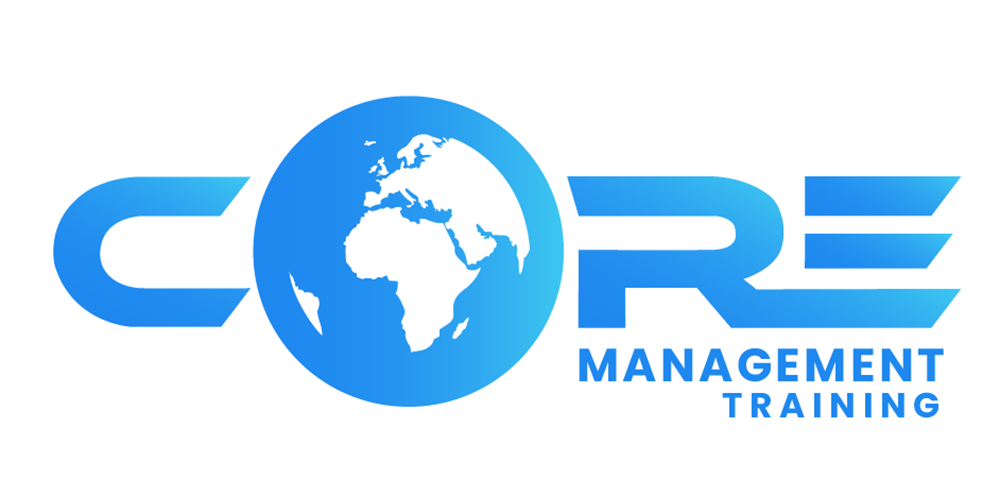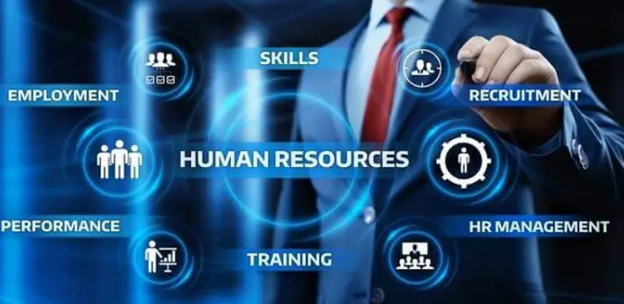I attended From Day One Conference in Philadelphia. At the Union League. The conference features a single day of keynotes, panels, and fire-side chats with executives who are driving discussions on corporate values. Here is a recap of the conference. This is part two of my recap:
AI Revolution in HR:
The role of HR in the context of the AI revolution, particularly focusing on generative AI, highlights insights from I4CP, a research company specializing in High-Performance organizations.

HR departments are lagging in adopting generative AI, which has the potential to create a competitive advantage for organizations. Generative AI, which produces content in the form of words, images, and numbers, is becoming increasingly relevant in the workplace.
The concept of “FOBO” (fear of being obsolete), is a concern for HR professionals who are not yet clear on policies and guidelines for AI adoption. There are differences between AI laggards, who lack clear guidelines and safeguards, and AI innovators, who have established policies and parameters, often with internal generative AI systems in place.
“WINS” (Words, Images, Numbers, Sandbox) is a framework published in the Harvard Business Review (HBR), which provides guidance on where companies should start with generative AI. It outlines talent strategies, a strategic framework, the importance of a business case and use case, effective communication about generative AI, and the need to develop workers’ critical thinking skills to manage biased data. The article touches on rules, governance, use case identification, job role deconstruction, skills-based recruiting, risk management, and anti-bias measures. Lastly, it mentions the importance of transparency, learning, and development (L&D) people analytics, scenario training, quizzes, and interviews with subject matter experts (SMEs) in the context of AI adoption.

Middle Managers and the Future of Work:
Bryan Hancock is one of the authors of “Power to the Middle” and a partner with McKinsey. He highlighted the pivotal role of middle managers in shaping the future of work. He discussed several challenges that middle managers face, including meetings that seem unnecessary and bureaucratic processes that can hinder productivity. There are increasing expectations placed on managers, and the question arises of how to create more time for them to focus on crucial tasks.

The concept of “manager self-serve” is introduced, which shifts administrative tasks onto managers themselves. Middle managers are a bridge between various parts of the organization, tasked with navigating a complex ecosystem and mobilizing a broader range of people.
He suggests that instead of automatically promoting employees to managers, organizations should create tracks with more responsibility and compensation to allow individuals to excel in their areas of expertise.
The use of AI or bots to assist managers in their roles is mentioned as a potential solution to free managers’ time and allow them to focus on more strategic activities. Clear role clarity, empowerment, and challenging responsibilities are essential for middle managers to contribute to improved organizational performance and AI can be a valuable tool in achieving this goal.
Talent Pipeline Improvement:
There is a need to enhance the talent pipeline in its entirety, from passive interest to active applications, especially in industries like manufacturing where there are fewer career options. It highlights the evolving nature of work and the importance of aligning culture with the changing needs of employees.
In the healthcare sector, there is a growing concern about the availability of talent, as a sizable portion of the workforce is expected to reach retirement age by 2024-2025. Addressing the shortage of entry-level leaders and creating growth opportunities are critical aspects of talent development.

It is noteworthy to offer career paths that allow individuals to build and diversify their skill sets, without focusing solely on traditional career progression or promotions. The concept of “pay for skills” programs is introduced as an alternative to traditional education, concentrating on partnerships with high schools, colleges, and tech schools to attract talent to companies.
Lastly, it is valuable to provide managers with the necessary information and tools to engage in more effective conversations with employees, particularly regarding talent development and career growth.
Overall, the Day One Conference provided valuable insights into a wide array of topics crucial to modern business operations, with a strong emphasis on adaptability, inclusivity, and the strategic use of technology.


